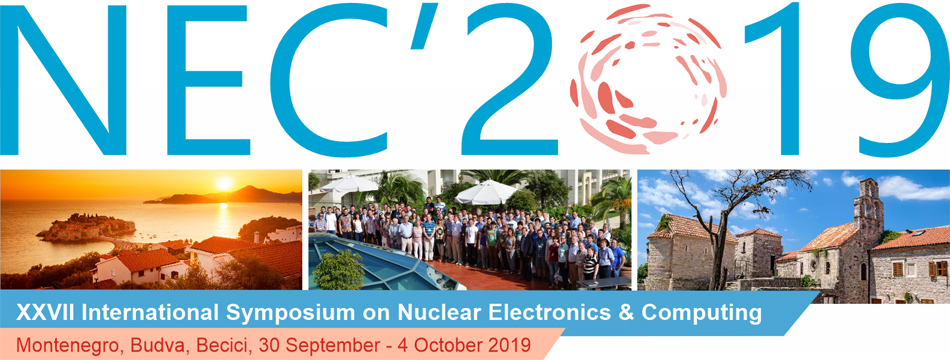Speaker
Dr
Alexander Uzhinskiy
(Dr.)
Description
Air pollution has a significant negative impact on various components of ecosystems, human health and ultimately causes significant economic damage. Air pollution is the fourth-largest threat to human health, behind high blood pressure, dietary risks and smoking. The aim of the UNECE International Cooperative Program (ICP) Vegetation in the framework of the United Nations Convention on Long-Range Transboundary Air Pollution (CLRTAP) is to identify the main polluted areas of Europe, produce regional maps and further develop the understanding of long-range transboundary pollution. The program is realized in 39 countries of Europe and Asia. Mosses are collected at thousands of sites.
We will describe our approach to managing the ICP Vegetation environmental data. We will present the Data Management System (DMS) of the UNECE ICP Vegetation consisting of a set of interconnected services and tools deployed and hosted at the Joint Institute for Nuclear Research (JINR) cloud infrastructure. DMS provides its participants with a modern unified system of collecting, analysis and processing of biological monitoring data and should facilitate IT-aspects of all biological monitoring stages starting from a choice of sampling sites and finishing with the generation of pollution maps of a particular area or state-of-environment forecast in the long term. We will present an architecture of the DMS and show how to work with it.
Keywords: environmental monitoring, data management, cloud platform, intellectual data processing, UNECE ICP Vegetation, air pollution, mosses, heavy metals, neural networks.
Author
Dr
Alexander Uzhinskiy
(JINR)
Co-authors
Prof.
Gennady Ososkov
(Joint Institute for Nuclear Research)
Dr
Marina Frontasyeva
(JINR)

